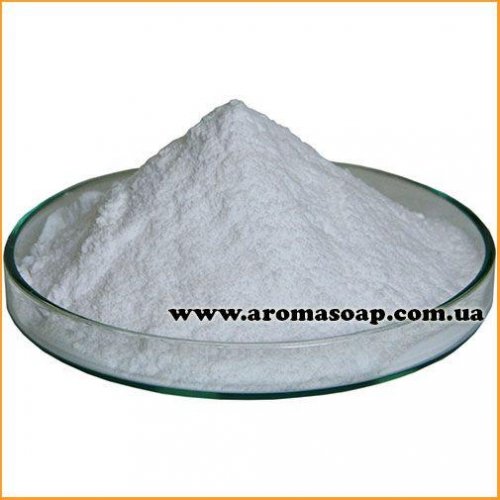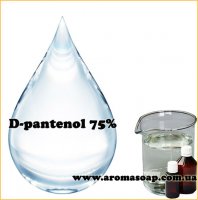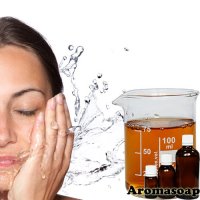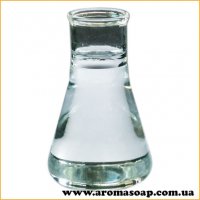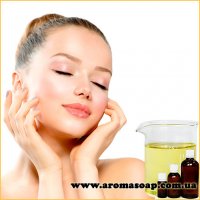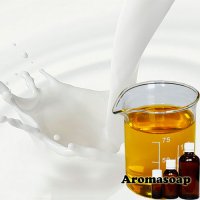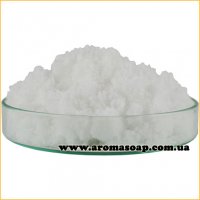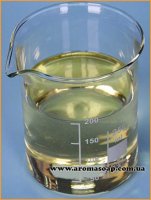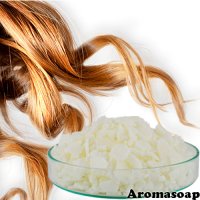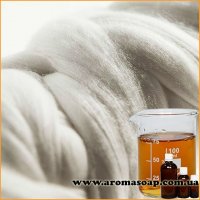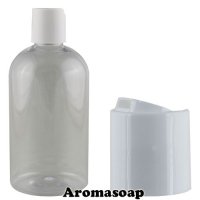Inulin
Synonyms: polyfructosan, oligofructose.
Appearance and organoleptic properties: white amorphous powder, odorless, sweetish taste.
Dry matter content: 97.7%
pH: 5.5
Solubility: in water.
Composition: inulin - 91.2%, glucose, frucose, sucrose - up to 8.8% in total
Inulin is a popular prebiotic, a natural substance from the group of polysaccharides, which is stored by many plants in their roots. The roots of Jerusalem artichoke and chicory are especially rich in inulin; it was first discovered in the roots of elecampane (Inulahelenium L.), which is where its name comes from.
Inulin consists of D-fructose and can have a different chain length - from 9-10 to 35 monomers.
High molecular weight inulin is difficult to dissolve in water, but has broad biological activity; low molecular weight inulin is more convenient to use.
Inulin is a multifunctional component that can be used for soap making and cosmetics:
- as a prebiotic supplement to maintain and qualitatively improve the normal microbiome of the skin and mucous membranes.
As you know, human skin is inhabited by various microorganisms, which are called resident. Many of the species play an important role in maintaining local skin immunity and overall skin health. Modern skin care strategy involves the use of prebiotics, substances that are not absorbed by the macroorganism, but are a breeding ground for the resident microbiota.
Inulin selectively stimulates the growth of lacto- and bifidobacteria; they mostly inhabit the intestines. Therefore, first of all, inulin is of interest as a dietary supplement, for the prevention and treatment of various dysbiosis.
For external use, inulin is advisable to use in intimate hygiene products for women.
There is evidence that the presence of inulin on the skin suppresses the vital activity of propionic bacteria and other opportunistic microorganisms. Thus, it can be used in anti-acne products, for oily skin (to prevent the development of inflammatory reactions), as well as in children's care cosmetics and lines for sensitive skin.
- as a moisture-retaining, softening and conditioning agent, thanks to the creation of a light film on the skin and hair; can be used in conditioners, solid and liquid shampoos.
Inulin has no charge, so it will not destabilize the surfactant system or emulsion. Prolongs the action of active components.
- to improve the consumer qualities of soap from scratch, shampoo soap..
Dosage 0.1-4%
To avoid caramelization of inulin, it is not recommended to subject it to prolonged heating, optimally up to 40C.
Store in a dry place, away from light and air.

